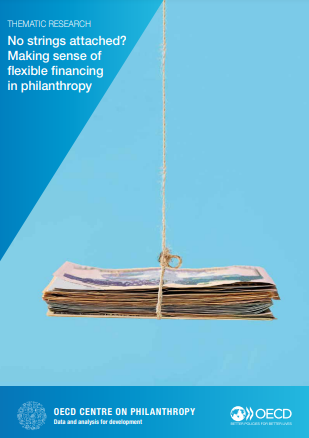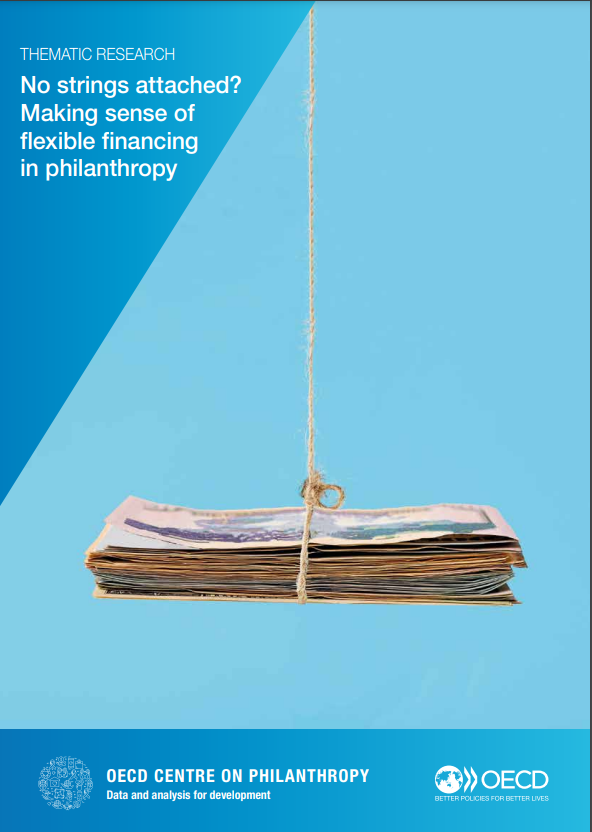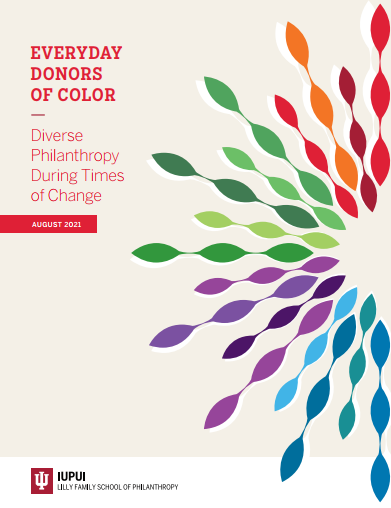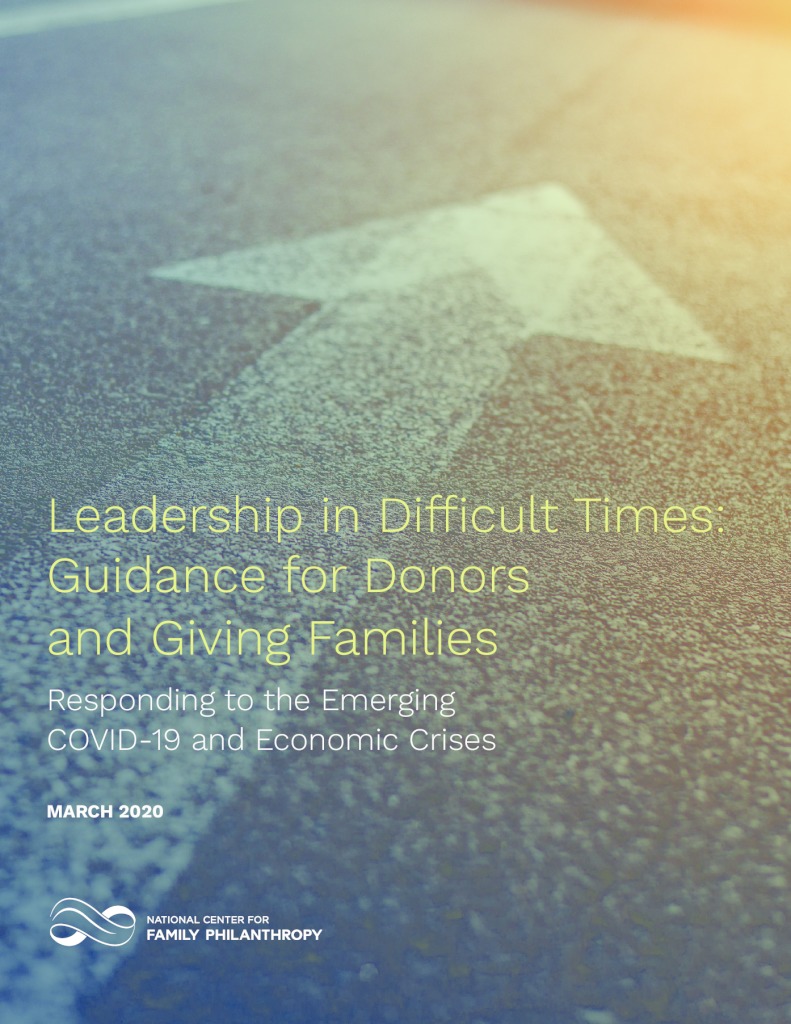298 downloads · 572 visualizações
No strings attached? Making sense of flexible financing in philanthropy
Coordenador(es) : Ragnheiður Elín Árnadóttir
Are philanthropic donors shifting from giving earmarked support for specific projects to providing unrestricted general support grants? This paper critically looks at philanthropic financing to establish which donors are making the shift, which are not, and what explains the differences.
Based on the OECD database on Private Philanthropy for Development 2016-19, with over 180 private philanthropic donors from 32 countries, and historical yearly giving from 20 large international foundations between 1982 and 2022, the paper estimates the likelihood of flexible giving according to grantee characteristics such as geographical location, sector of operation and the type of organisation receiving the funding through a Bayesian statistical analysis.
Flexible financing is found to represent around 16% of all philanthropic donations, or 19% of all funding between 2016 and 2019. More recently, a few large US-based foundations have shifted towards more flexible giving, but most continue to operate through earmarked funding. There is large variability across time and philanthropic donors, ranging from those that do not provide any flexible financing to those that devote most of their funding to general support.





